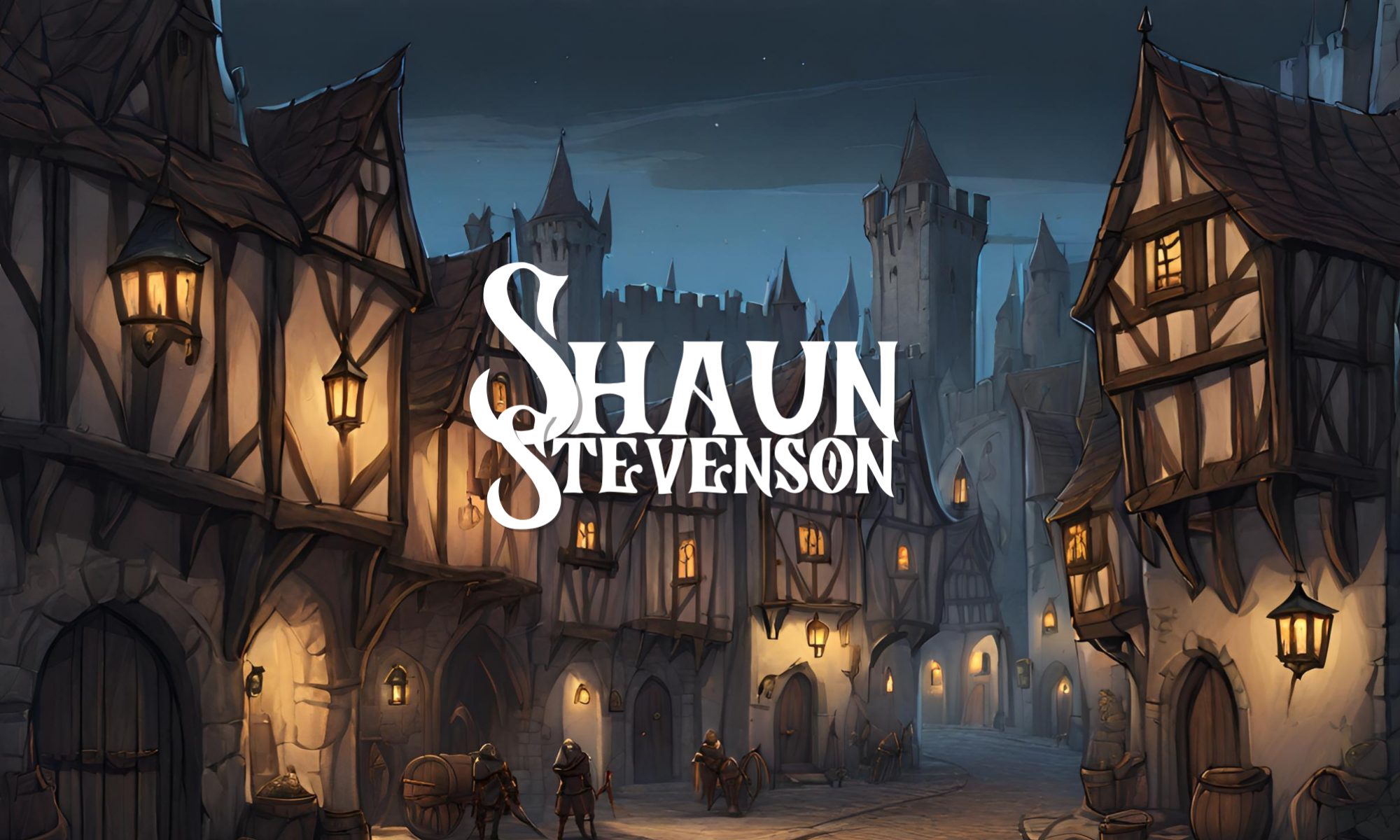
The Sword of Camelot by Gilbert L. Morris
My rating: 3 of 5 stars
As Gilbert Morris’ The Seven Sleepers series continues, I’m a little bit worried they’re going to become formulaic as the sleepers travel from one land to another, facing down a threat, winning, all while learning a moral. In book three, The Sword of Camelot, Morris falls directly into this particular trap. Knowing there are still seven more books in the series, I’m afraid they’re going to continue in this pattern.
For The Sword of Camelot, the sleepers travel to a kingdom called Camelot, complete with castles, knights, dragons, and a fair amount of jousting. Reb, one of the sleepers, is going to have to face his biggest threat yet, and it doesn’t come in the form of dragons; it comes from inside of himself and the darkness he’s been carrying around all this time. If he can’t learn to trust Goel, then the seven sleepers may be facing the end of the Round Table and their very lives.
This one started off slowly and dragged until a little over halfway with the introduction of a new character who comes on the scene. As soon as this newer character arrived, the pacing and plot seemed to pick up considerably, and things sped along to the very end. However, getting to that midway point was a slog. Nothing much happens up to that point, and it became highly reminiscent of the sleepers and their time in Atlantis. However, this time the world-building was not nearly as breathtaking as before. Perhaps this is because I’ve read a lot of books set in the times of King Arthur, or perhaps Morris simply falls into all the tropes of a fantasy story set in a medieval time period.
One concerning aspect of this story needs to be explored further, and that has to do with Reb himself. He says a few things later on in the book that are extremely problematic, referring to hangings and the glorification of Southern leaders during the Civil War of the Americas. While this is all contained to Reb’s dialogue, and never enters the narration itself, his attitudes that are slightly racist are never confronted by anyone else, and instead are left to linger. Parents would do well to take a look at these comments ahead of time and perhaps have conversations about racism with their kids before and after reading this book.
The Sword of Camelot is certainly not the best of the series, so here’s hoping that book #4 will pick up the pace and introduce some new lore to the story.
